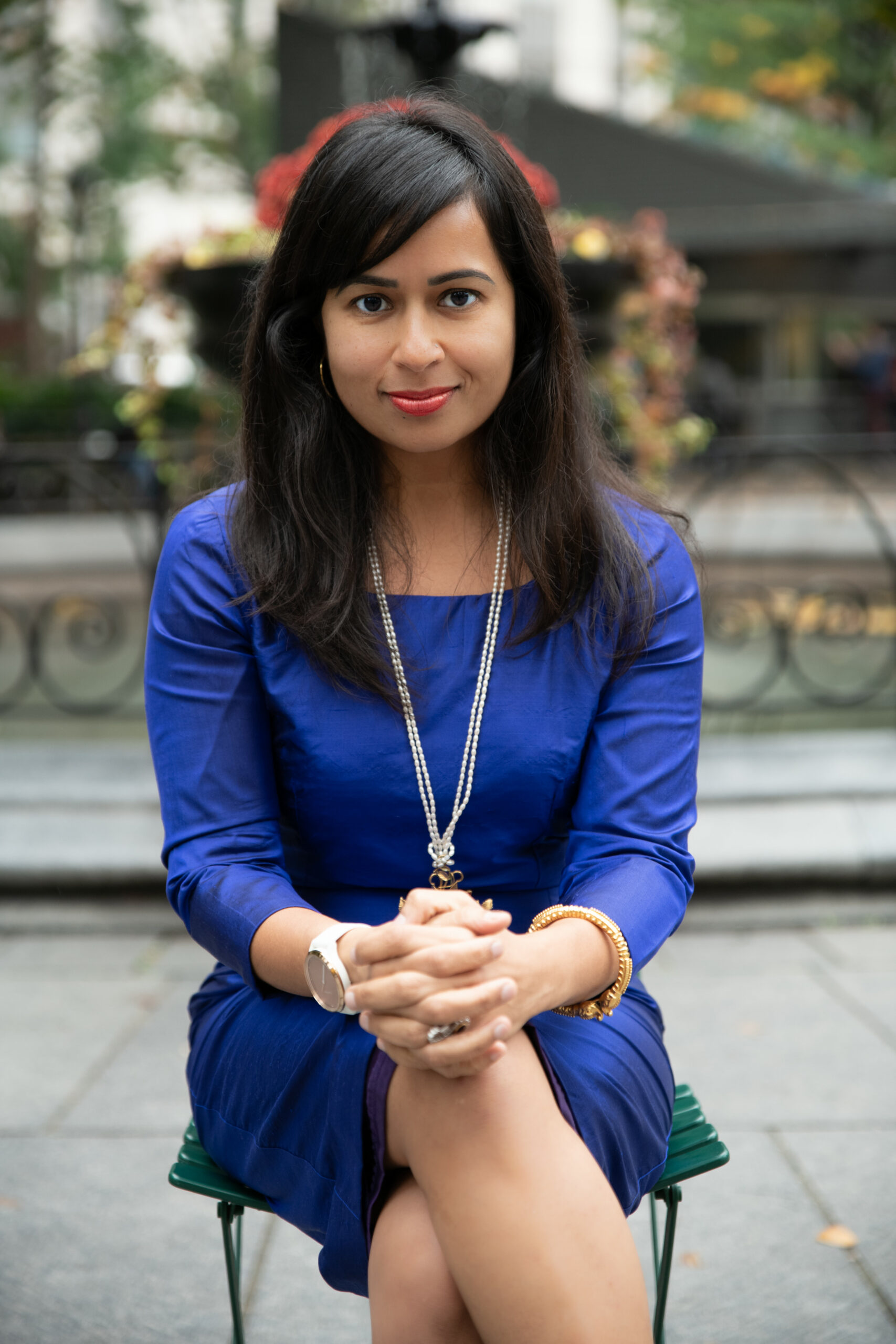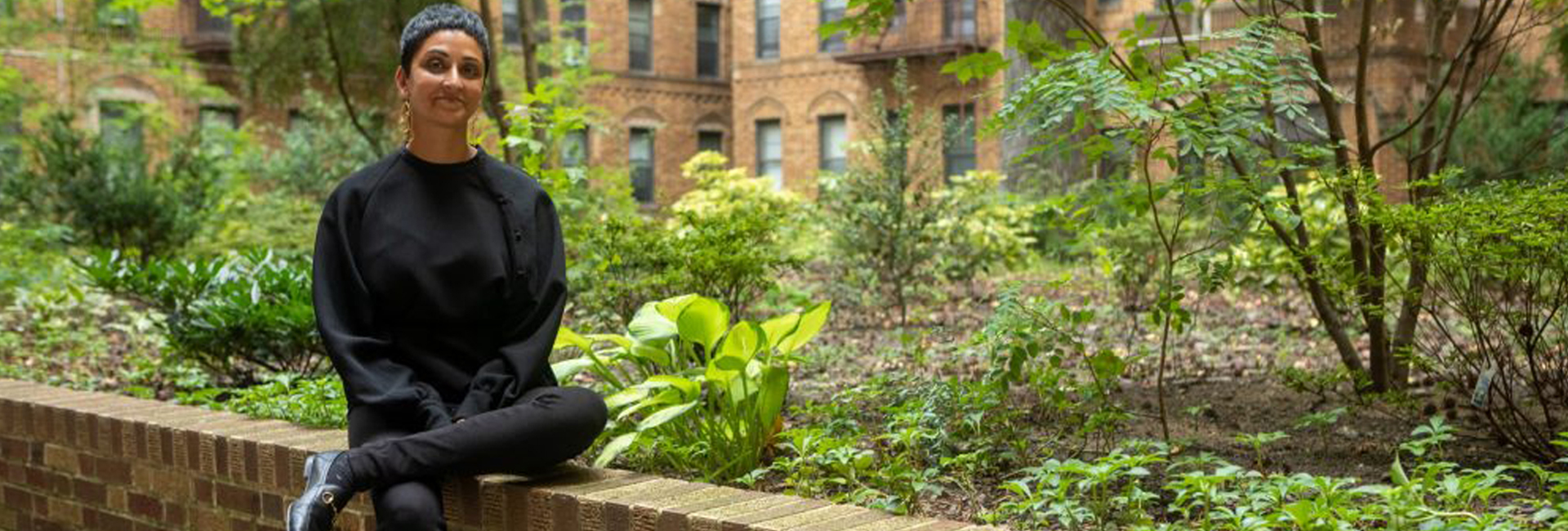(November 15, 2022) While giving an interview a few years back, criminal defense lawyer Priya Chaudhry said, “When I started, I wish I knew how important the emotional experience of a client is, and how to be present for it.” The Indian American attorney, who has seen many highs and lows in her two-decade-long career, however, seems to have come a long way from there. The New York-based Global Indian, who is representing Canadian screenwriter, film producer, and director Paul Haggis, is one of the most sought-after lawyers in the USA and was recently named one of America’s Top 100 Criminal Defense Attorneys.

Priya Chaudhry, lawyer
Having represented several high-profile clients, including Jennifer Shah and Nikhil Wahi, Priya has made quite a name handling some of the most complicated and prominent cases. Her peers know her for her exceptional preparation and fierce advocacy. The founding partner of Chaudhry Law PLLC, the lawyer’s official website notes that she “aggressively and creatively” defends her client’s rights, “regardless of the charges leveled against them.” Her attention to crucial details in the case and personal involvement with the proceedings has earned her a reputation as one of the most successful lawyers in the USA.
Inspired by family
Just like her clients, the lawyer fiercely protects her family details from the limelight. While not much is known about her family, it has been public knowledge that her parents shifted from India to New York City in search of better career opportunities. Born in the USA, Priya was inspired by the journey of her grandfather, who was also an attorney. “The lawyer I most admire is my grandfather, a prominent criminal defense lawyer in India, who once won an acquittal in a broad-daylight murder case with four eyewitnesses,” she shared during an interview with Super Lawyers Magazine.

Priya with Canadian screenwriter, film producer, and director Paul Haggis
Priya earned BA (High Honors) at the University of California, Berkeley. As she was always clear about her career path, she enrolled herself at the Northwestern University School of Law to pursue a Doctor of law (JD). Soon after, she became an Assistant Public Defender and later joined the Hafetz & Necheles LLP – one of New York’s premier law firms focused on criminal defense, defending individuals and corporations in criminal investigations.
Climbing the ladder
After a decade of learning the skills of defending her clients in several complicated cases, the lawyer joined Harris, St. Laurent & Chaudhry LLP as a partner in 2013. It was during this time that she started representing celebrities and high-profile people in criminal matters – from the most sophisticated white-collar cases to homicide. She also represented individuals in regulatory proceedings, such as FINRA and SEC actions, as well as alleged Title IX violations, where she has won complete acquittal after trial for her student-clients.
Her passion for educating young people led her to teach Trial Advocacy at various prestigious institutions such as Cardozo Law School, Rutgers School of Law, and the New Jersey Public Defender. She is also an adjunct faculty at Columbia Law School and Fordham Law School. Keen to share her courtroom experiences, the lawyer has authored the paper “Crimes of Dishonesty: Perjury, False Statement, and Obstruction of Justice” in White Collar Crime: Business and Regulatory Offenses, and is also the co-host of the podcast Security and Compliance Weekly.
Priya established her firm Chaudhry Law PLLC in 2019, through which she represented two very popular cases, that of Jennifer Shah and Paul Haggis. A football lover and a movie buff, Priya’s formidable career in criminal defense wins her regular recognition, including from the American Board of Criminal Lawyers, Chambers and Partners, Super Lawyers, National Trial Lawyers, Corporate LiveWire, American Institute of Criminal Law Attorneys, and National Association of Distinguished Counsel.




